Back in October 2016, we received a grant to build a prototype of our future game: Soul Reaper. The idea was that we would do rapid prototyping to see what features work and which ones don’t. Building a prototype really is about validating that the concept you have in mind is fun. It’s hard for us to define what went right and what went wrong in the process, but we figured we could share some tips based on our experience.
Tip #1: More is less and less is more
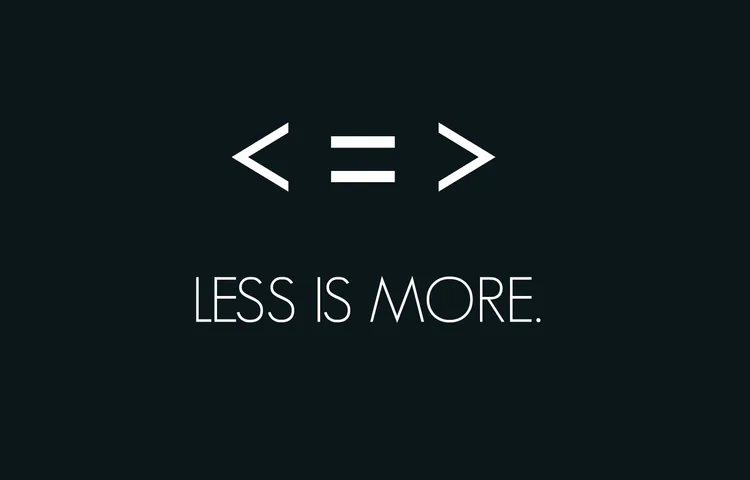
We have tons of features planned for Soul Reaper. Drawing inspirations from some of the best features from Zelda 1, Final Fantasy VI and X, Castlevania Aria/Dawn of Sorrow, Diablo and Pokemon, it was hard for us to choose which features should and should not make it in the prototype.
Whatever the case, I’d say always aim for a full-game loop. In Soul Reaper’s case: Prepare Outside Vault -> Go into vault -> Go down floors -> Enter combat -> Die/Leave Vault -> Repeat.
Chances are you can create a full-game loop with only 3–5 core features. For Soul Reaper, we opted for Soul Collection, Turn-based combat, Diablo-style loot system and Zelda-style exploration. Everything else is just candy. Of course, the game won’t be as fun without the candy, but it should at least be “fun enough”. If it doesn’t pass the “fun enough” test, change to the core features in imperative.
Tip #2: Show a glimpse of the future
Soul Reaper will have about 100 monsters with 100 unique abilities. That’s not even counting the different “Soul Combos”. There’s no way we could build all that content in the prototype. How do we show players the scope of the game without having built that much content? Simple! In the game, when you go to the Souls menu, you can see a numbered index of all the monsters in the game. “Locked” souls are indicated with a “???”. Players can scroll and see that there will be 100 monsters. We only made 6 for the prototype.
For the exploration, it was always our goal to create “exploration tools”. Things like bombs or a grappling hook, like in Zelda: A Link to the Past. It will be an integral part of the final game, but we decided it wouldn’t make it in the prototype, due to lack of time, and for simplicity. To show that such a feature will be in the game, we displayed the controls on how to use the tools on the GUI, but greyed it out to show that it’s not available yet.
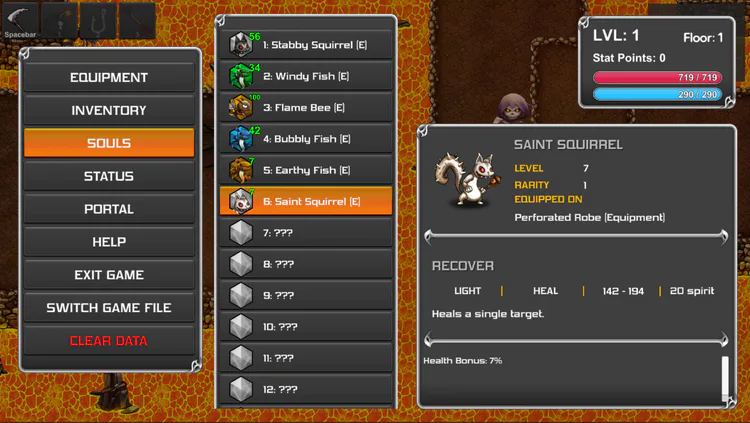
This is important because it lets players use their imagination to visualize what the final game may be like, without playing it. The idea is to get them excited for when the game will be closer to release.
Tip #3: Rapid Prototyping
We built Soul Reaper’s prototype in about 6 months. That’s a long time! We were lucky enough to have received funds to create it. Most will have to do that faster, and that’s okay.
For Soul Reaper, we built most of our features in about 1 day’s worth of work. That includes the core features like the Diablo-style loot system. It’s not that we’re incredible programmers, it’s just that we made the decision to not care about code quality for the prototype (though it’s not half-bad either), knowing full well that it’s likely that we’re going to scrap everything anyway. And if not, at least we will have a better understanding on how to properly build the feature for production.
Tip #4: Use the tools you know
Maybe you want to release your game on consoles and maybe Unity3D is the engine of choice for the game you’re building. But you don’t know C# or Unity. I’d say don’t use Unity3D for the prototype then! It’s much easier and faster to do rapid prototyping using tools you know. If people like your prototype, then it’s worth it to start to learn the best possible tools to build the game.
Tools are rarely what kills a prototype, execution is. We could have built Soul Reaper’s prototype on RPG Maker, Game Maker, Unreal, Cocos2D, Construct 2, etc. We chose Unity3D because it’s the one we had the most recent development experience with.
Tip #5: Don’t be afraid to show it off
Now, for me personally, this is the hardest one. It’s hard to show an uncompleted product for the world to see. People may not see your vision and the prototype will certainly not show the full vision of the project, so they’ll judge on what they see. And brutally sometimes. Embrace it no matter how hard it is. Any feedback is valuable to get to the end product, especially the “bad” one. You can’t make a great product if people don’t honestly say your game is shit. You need to know your game is shit so you can fix it in the final product. Better get that feedback while the game is not released!
What do you think?
Have you built a prototype and shared it with the world before? What are some of your top tips?
Also, feel free to follow us here:
Instagram: http://www.instagram.com/powerlevelstudios/
Facebook: https://www.facebook.com/powerlevelstudios
Twitter: https://twitter.com/powerlvlstudios
Youtube: https://www.youtube.com/channel/UCsQjuCHRCZ1w1fA88zfukhg
GameJolt: http://gamejolt.com/games/soulreaper/268479
IndieDB: http://www.indiedb.com/games/soul-reaper1
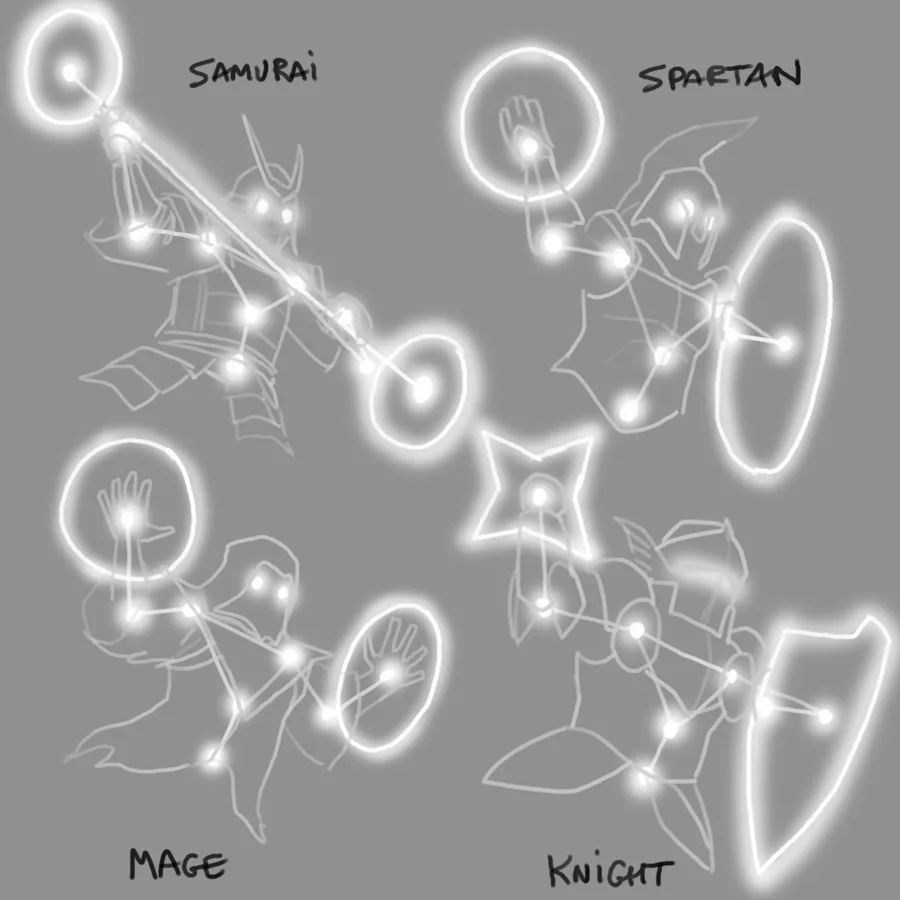
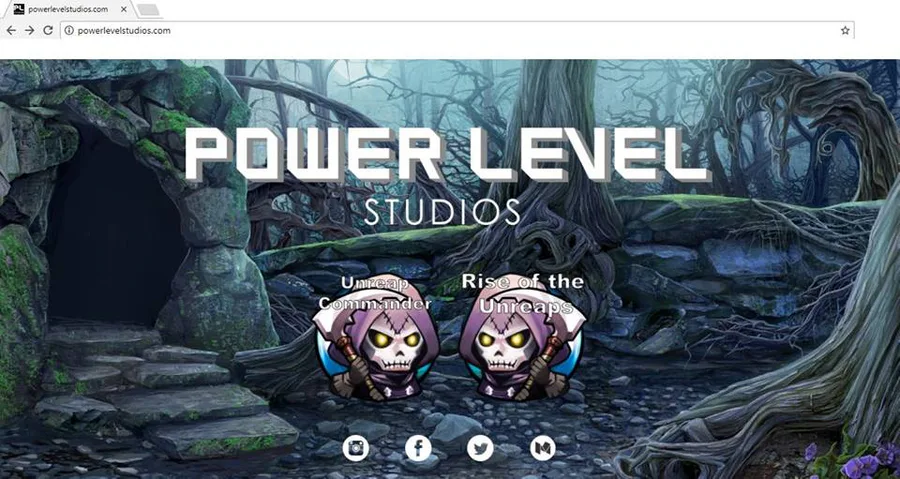
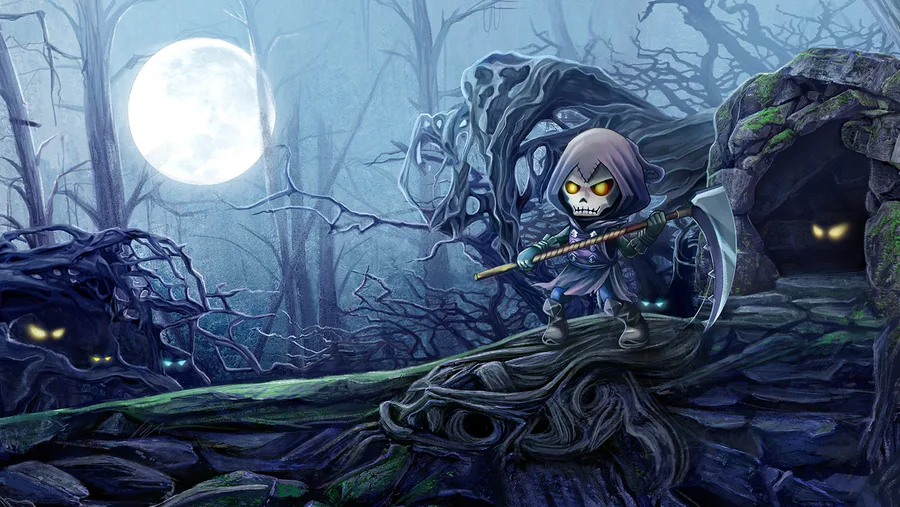
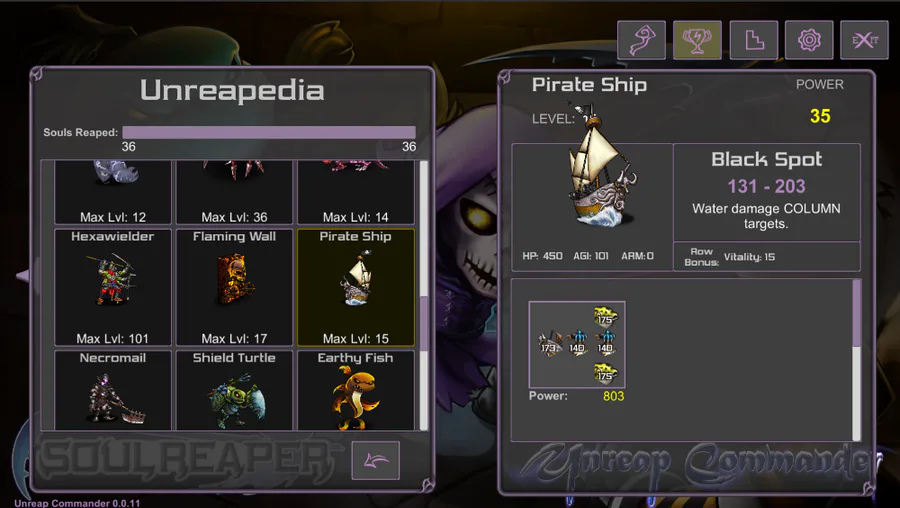
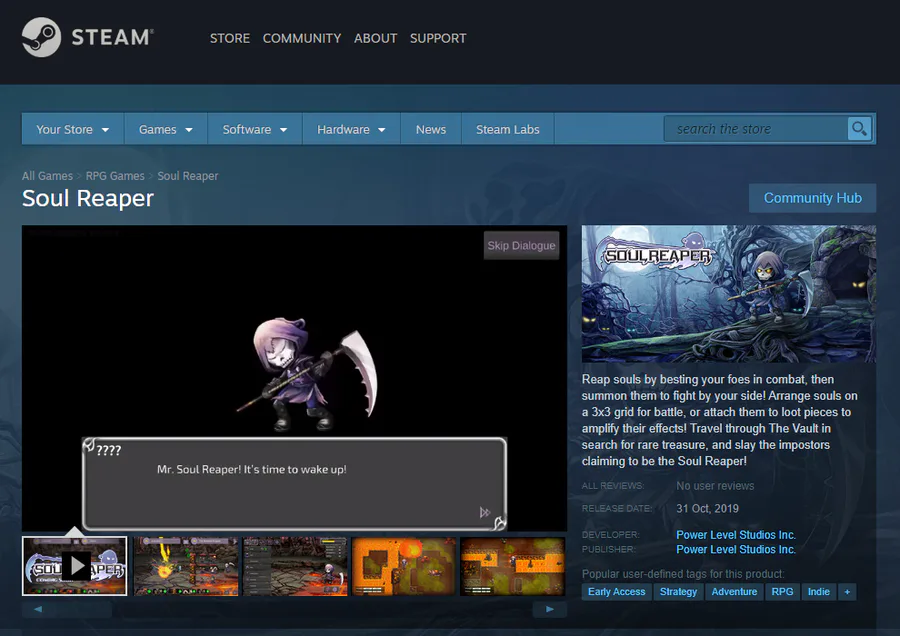
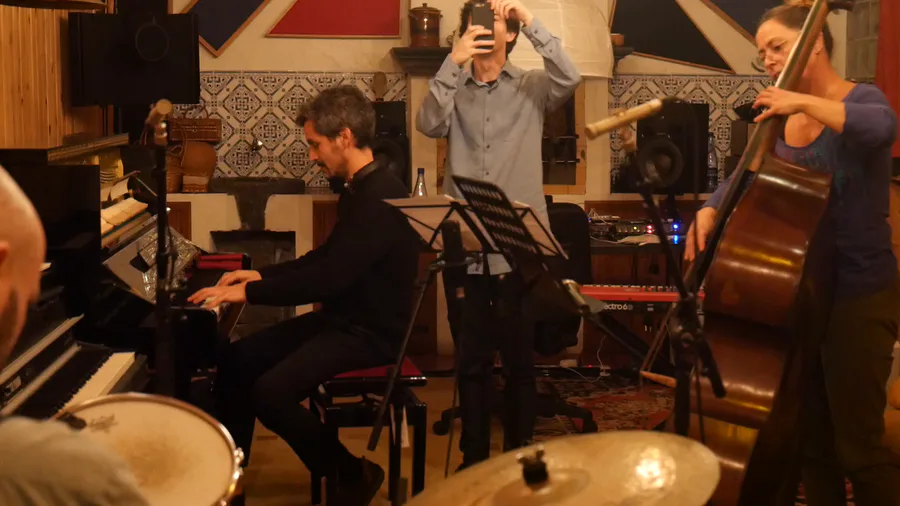
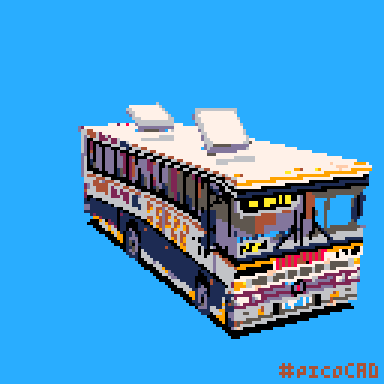
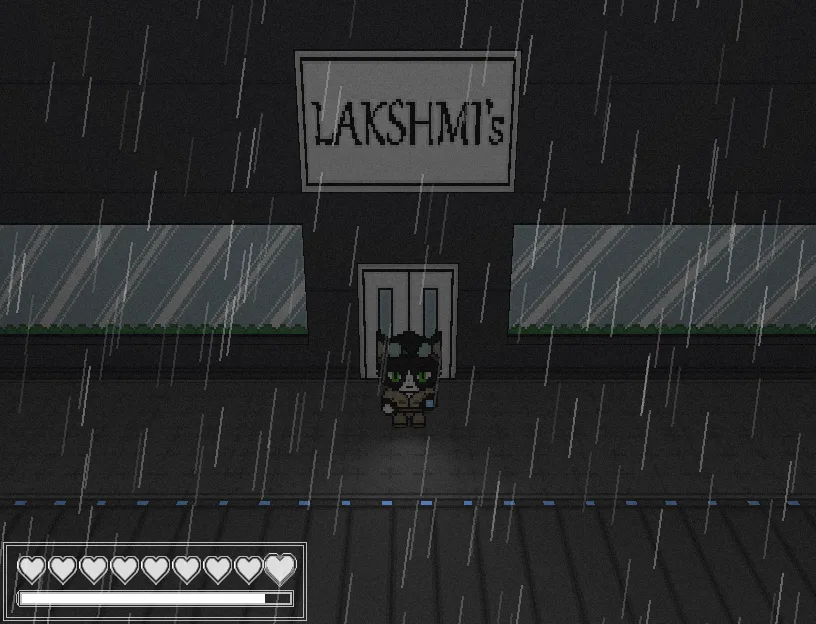
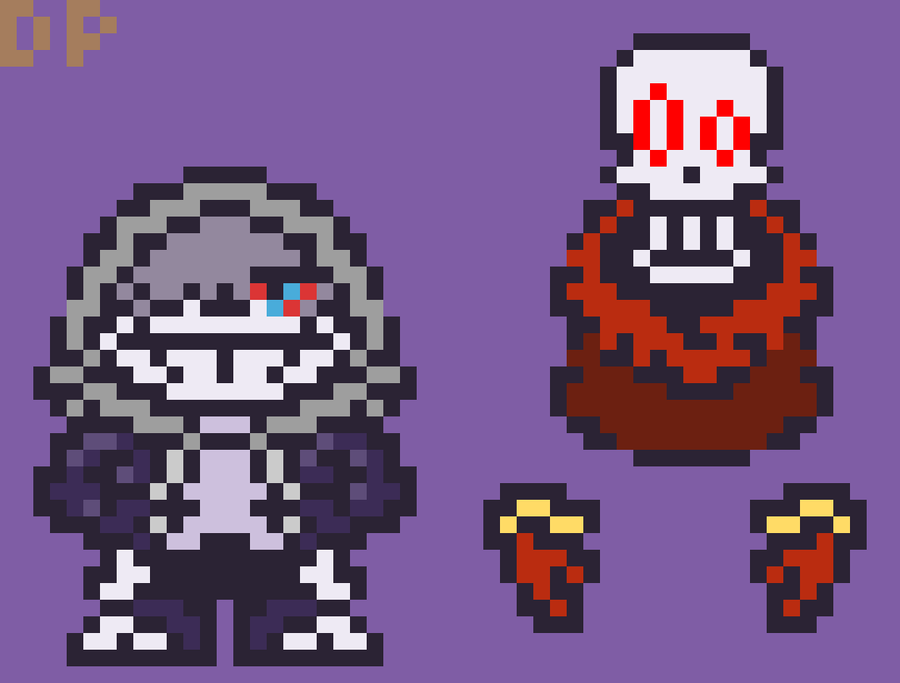
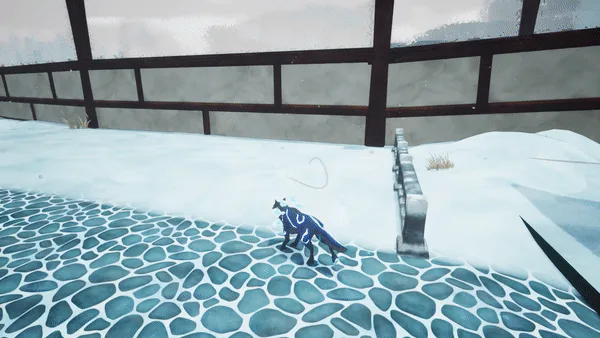
0 comments